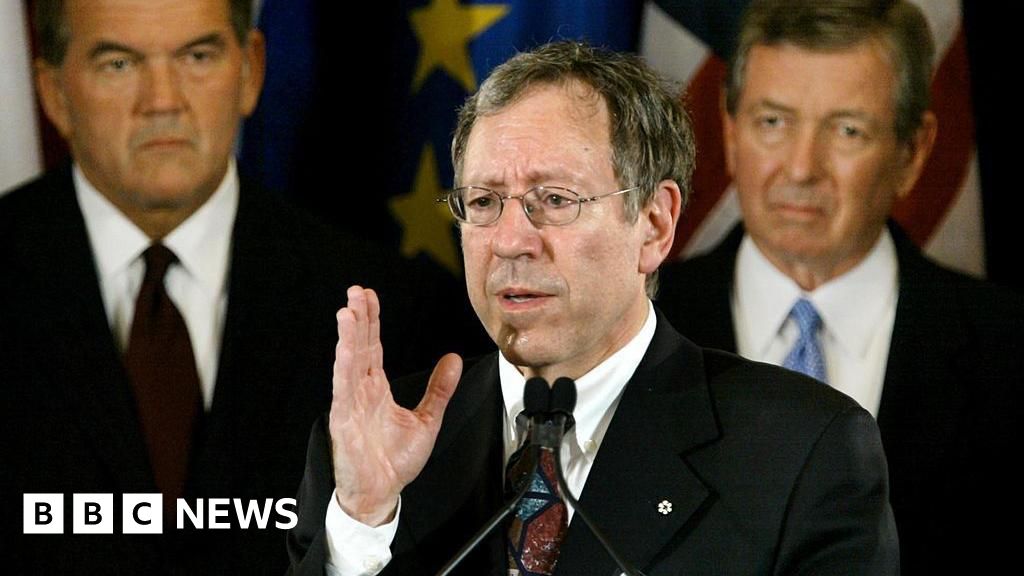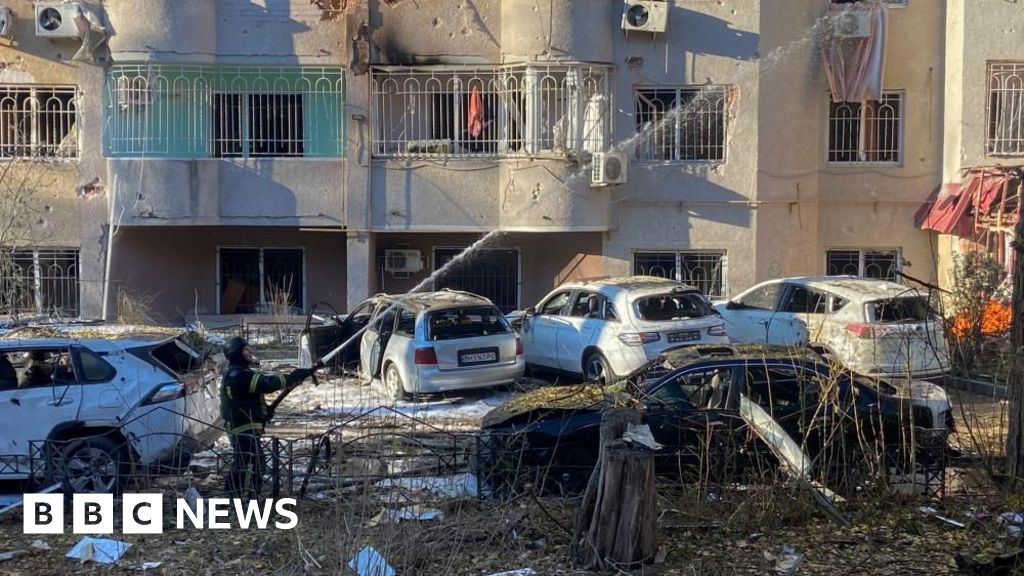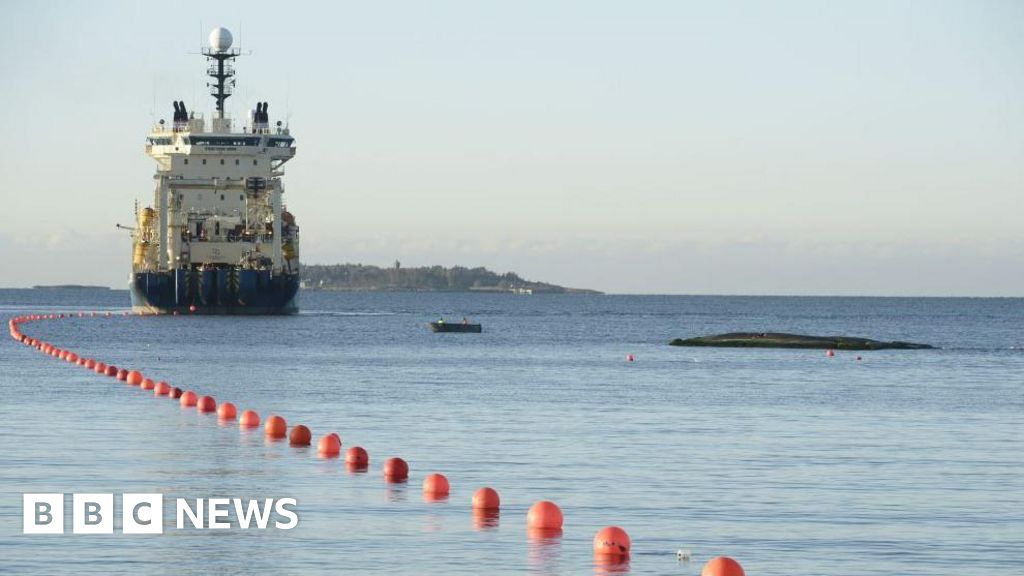ARTICLE AD BOX
By Alys Davies
BBC News
WATCH: French firefighters attempt to control a wildfire that scorches a forest in Gironde
Authorities in western France are warning of a "heat apocalypse" in 15 regions as a heatwave continues to blanket much of Europe.
Temperatures could reach record levels in the southwest of the country, with firefighters battling wildfires and thousands forced to evacuate.
Blazes in Spain, Portugal and Greece have forced thousands more to flee.
Record temperatures are also expected in parts of the UK, which has its first ever red extreme heat warning in place.
Wildfires in France in recent days have forced over 16,000 people to flee the area, with emergency shelters set up for evacuees.
Gironde, a popular tourist region in the southwest, has been hit particularly badly, with firefighters battling to control fires which have destroyed over 14,000 hectares (34,000 acres) of land since last Tuesday.
The heatwave has prompted warnings of what one meteorologist described as "an apocalypse of heat" in some areas of the southwest.
Elsewhere in Spain and Portugal, more than 1,000 deaths have been attributed to the heat in recent days.
In southern Spain, more than 3,200 people fled fires in the Mijas hills, though around 2,000 of them have since returned home.
Wildfires have also broken out in the provinces of Castilla y León, Galicia and Extremadura. The Spanish Prime Minister Pedro Sanchez is due to visit the latter region on Monday.
Fires in Portugal have been largely contained, despite temperatures there hitting 47C (116F) on Thursday - a record for July.
In the UK, a red extreme heat warning is in place for the first time.
Temperatures in parts of England are forecast to reach 41C (106F) on Monday. Authorities warn of a risk to life.
BBC weather forecaster Ben Rich explains what is driving the ferocious heat across Europe
The heatwave is the second to hit parts of southwest Europe in recent weeks, with scientists blaming climate change for the extreme weather.
Enrique Sanchez, the Dean of the Faculty Environmental Sciences and Biochemistry at The University of Castilla-La Mancha in Spain told the BBC that heatwaves would soon become the norm.
"In the long term, I mean in the following years, there is no way that the temperatures are going to (not) increase, so heat wave events will become more and more common... all along Europe," he said.
Dr Sanchez said measures could be taken to mitigate the effects of the heat, but he added the real solution was in fighting climate change.
"Authorities have to act against climate change and at the same time adapt buildings to be ready for air conditioning for example," he said.
"And for old people, kids to be ready to stay at home and not to make efforts outside in the middle part of the day".
Are you in an area that has been affected by the wildfires? You can get in touch by emailing haveyoursay@bbc.co.uk.
Please include a contact number if you are willing to speak to a BBC journalist. You can also get in touch in the following ways:
If you are reading this page and can't see the form you will need to visit the mobile version of the BBC website to submit your question or comment or you can email us at HaveYourSay@bbc.co.uk. Please include your name, age and location with any submission.

 2 years ago
21
2 years ago
21








 English (US)
English (US)